Become A
Healthy, High-Growth Leader.
We help CEOs and Senior Leaders create the clarity, habits, and culture that teams love—and investors trust.
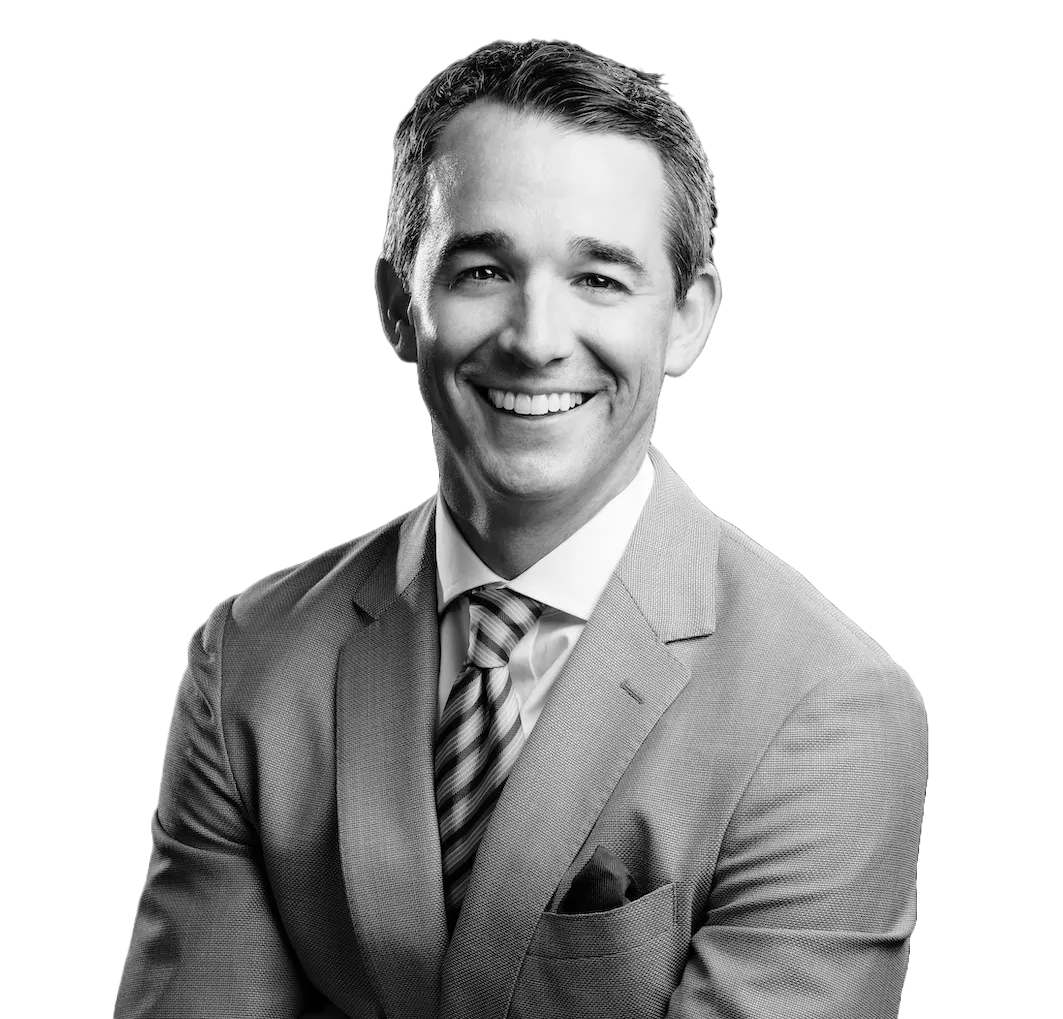
Get our free newsletter: High Growth Leadership
Get Weekly Tips To Boost Your Efficiency and Leadership Impact →
Our Saturday newsletter, High Growth Leadership, delivers actionable insights for leaders who want to stay smart, move fast, and win big. Join 4,500+ execs already subscribed.




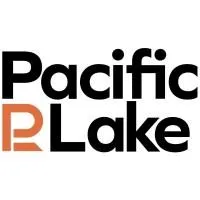
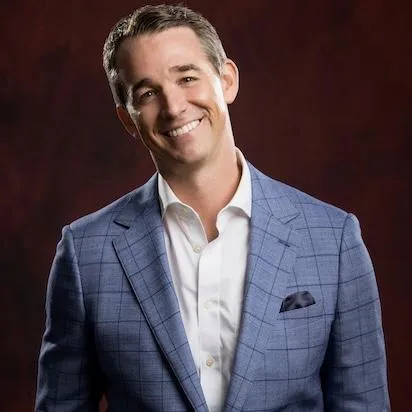
Hi, I'm Ben Sands.
I help CEOs and Senior Leaders build healthy, high-performing teams by strengthening leadership, execution, and accountability across the entire organization.
If you are the CEO, or senior executive,
of a mid-market, privately-equity owned company who wants to:
Grow fast:
Hit big goals, and do big things.
Grow strong:
Achieve great outcomes in a healthy, sustainable way.
Grow together:
Build a culture where people love to work.
You are in the right place.
Too many PE-backed companies make the same costly mistake:
They rush to replace leaders—
burning time, money, and morale in the process.
But the best companies take a different approach.
They see the potential in their people and invest in unlocking it.
Because with the right support, today’s team can drive tomorrow’s performance.
We help make that happen—by quickly building the 5 "High Growth" Skills
at every level of the organization.
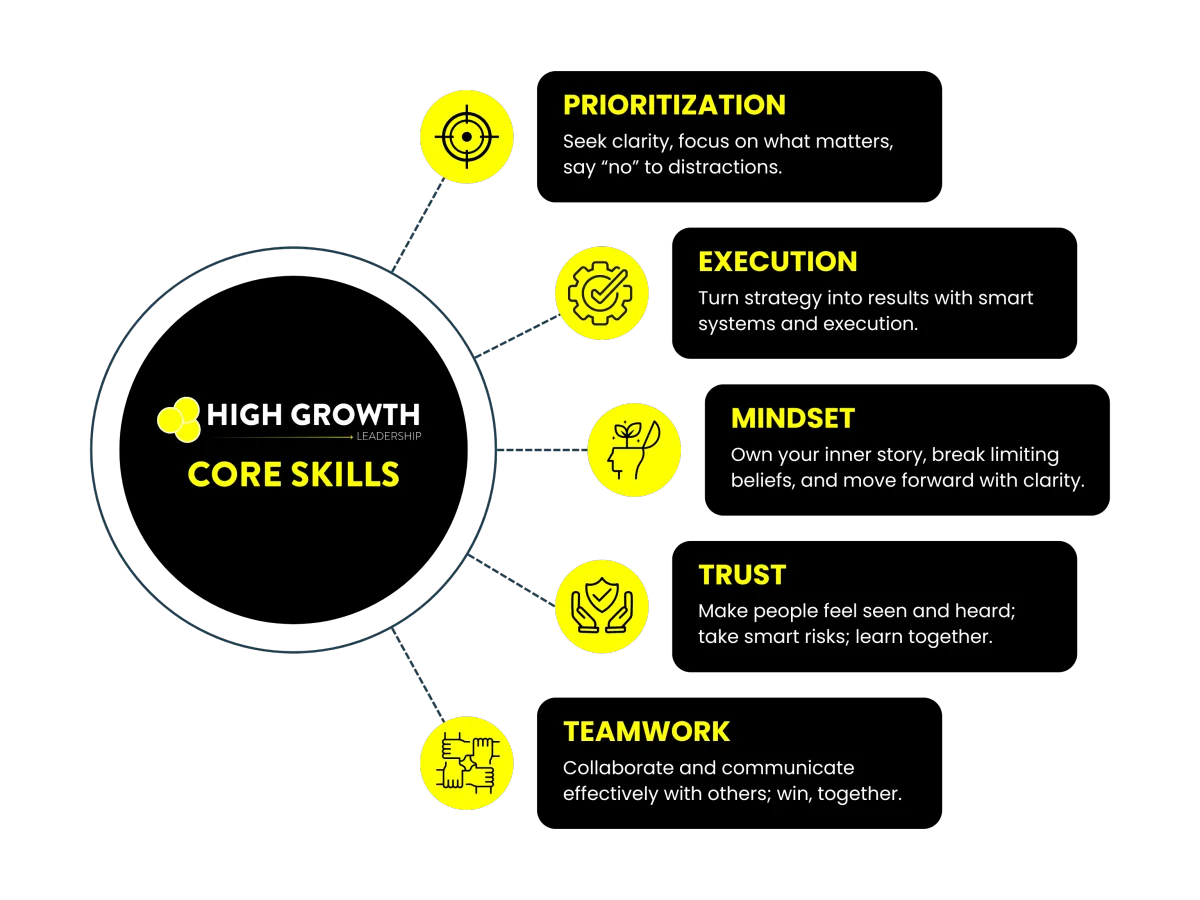
Of course, building such skill, at scale, is easier said than done.
That's where Sands Leadership comes in.
We've developed a smart, scalable approach to
improving operational efficiency that integrates
seamlessly into your business.
It's not some generic, off-the-shelf "training."
It’s not a course, it’s coaching.
No generic jargon.
No funky frameworks.
No cringe-y clichés.
Just an intuitive, scientifically-backed, data-driven program that works.
Transform the way your team works.
But don't just take our word for it...
What our clients say

Helped Us Execute In A Volatile Environment
"Ben helped me build greater alignment, trust and skill across my team. Improving our ability to execute in a volatile business environment."
Travis Warren
SVP, Blackbaud
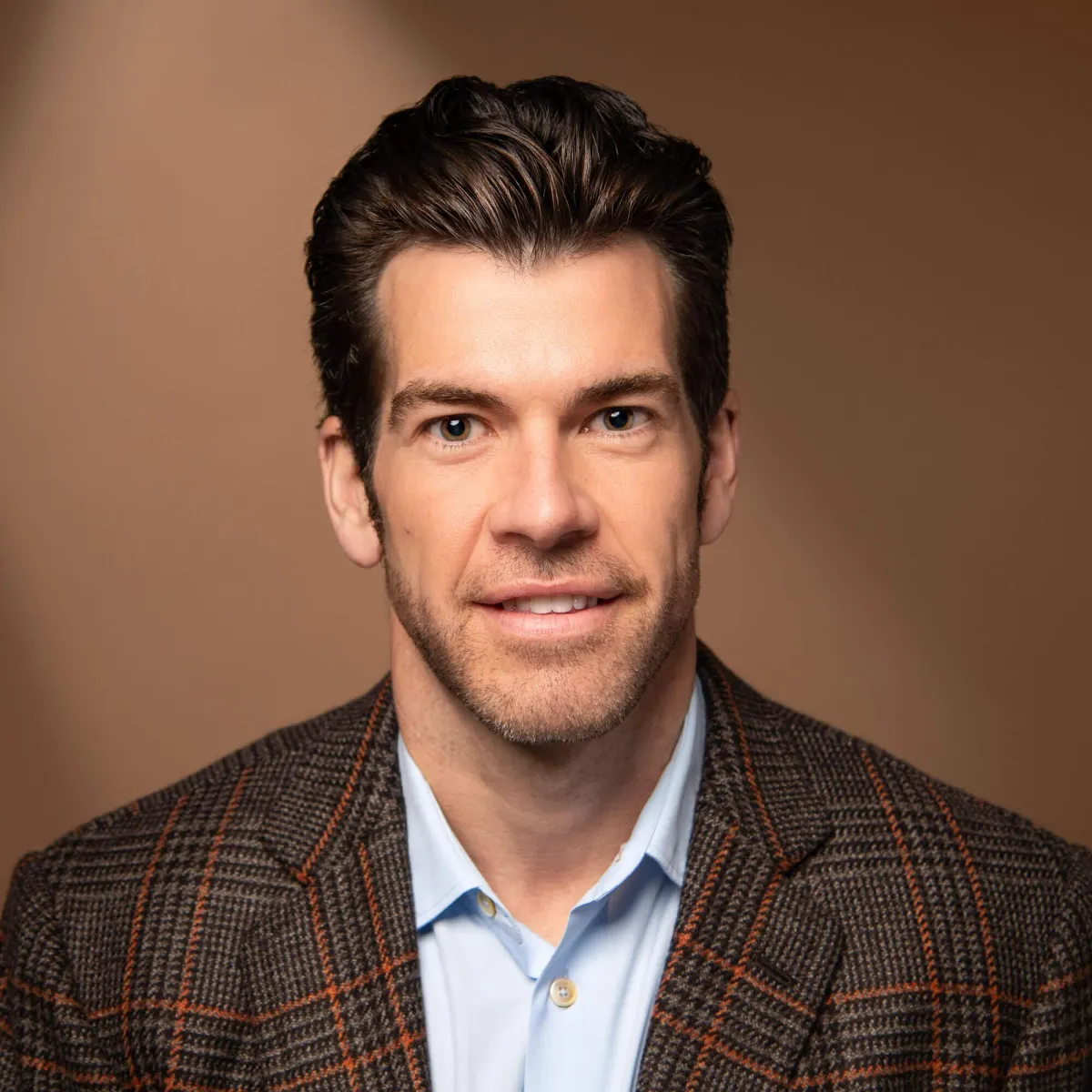
Set Us Up For Long-Term Repeatable Success
"As we scaled quickly, Ben helped us align the organization and build an operating system for long-term, repeatable success. He set Fifth Wall up to thrive.
Brendan Wallace
CEO, Fifth Wall
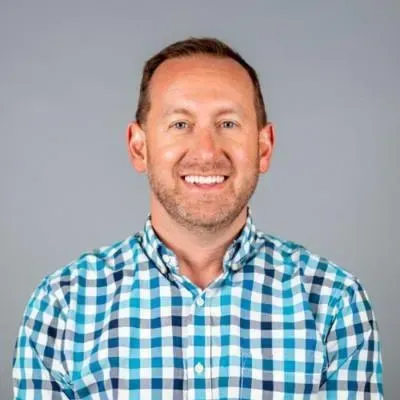
Creates Clarity And Accountability
Ben helps us create clarity, alignment, and accountability to a complex global business. He’s a trusted partner who has made our company stronger and more profitable.
Rich Crawford
CEO, Integrated Global Services
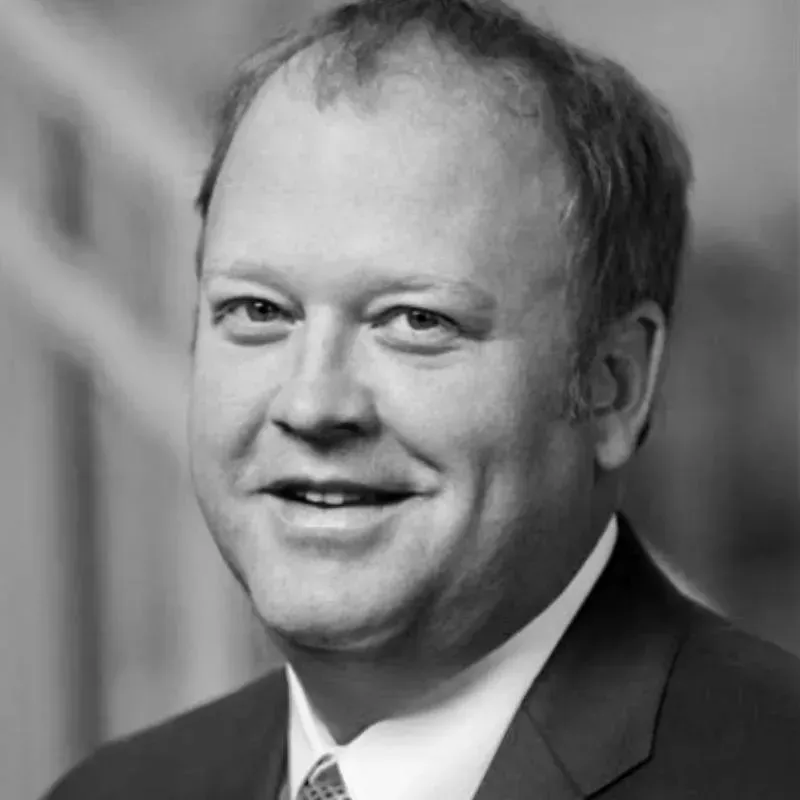
Shaped A Culture That Delivers—Fast
"With Ben’s support, I built a bold vision and shaped a culture that delivers—fast. Even with constant market pressure, we’re delivering more efficiently than ever.”
Jeff Davoud
CEO, Old Dominion Group
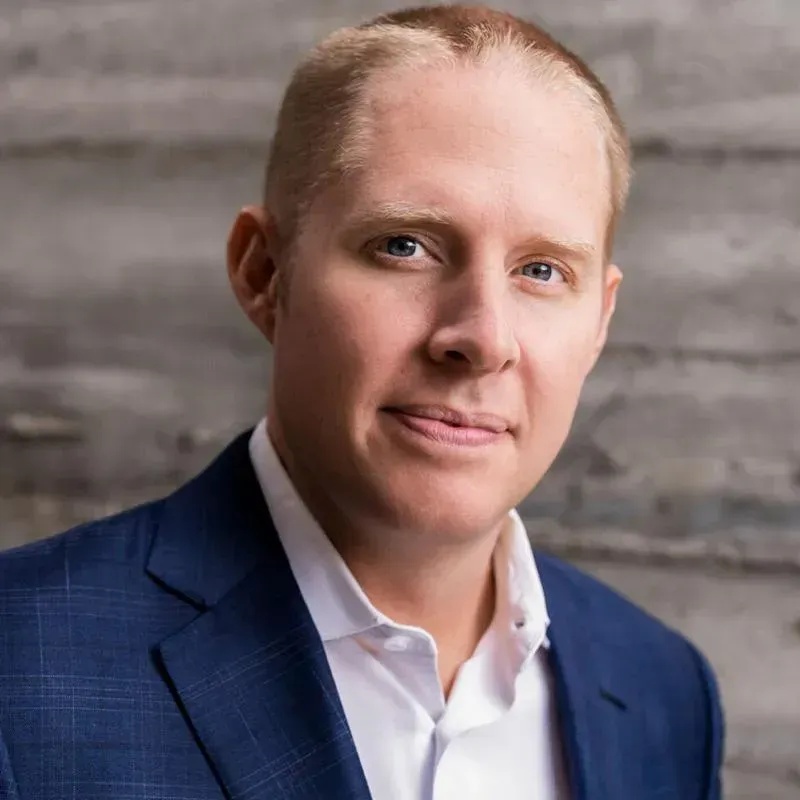
A Foundation For Healthy, High-Performance
"As we launched Knox Lane, Ben worked with our founding team to lay the foundation for the healthy, high-performance culture we have today.
John Bailey
Co-Founder, Knox Lane
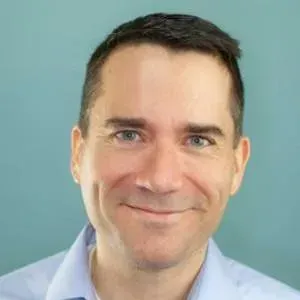
Get Things Done
"Ben's Breakthrough coaching
program has boosted alignment, trust, and accountability across the firm —making it easier to get things done.
Ken Haigh
CTO, Omatic Software
Take a first step...
Join 4,437 business pros who read "High Growth Leadership" — weekly insights, practical strategies, and leadership best practices -- in their Inbox every Saturday.

© Copyright 2025. Sands Leadership. All rights reserved.
